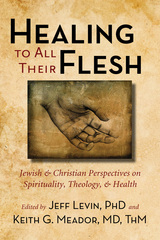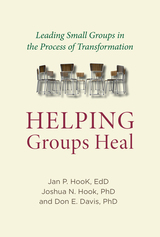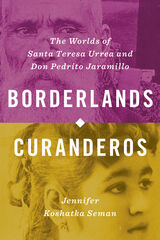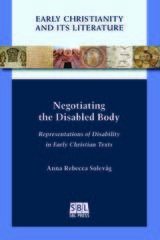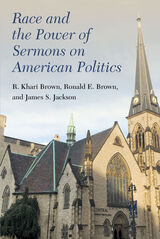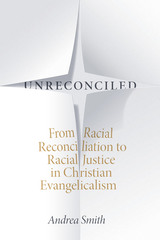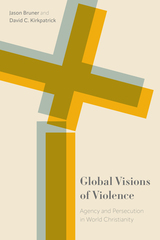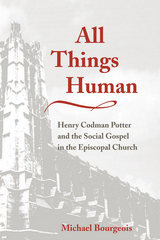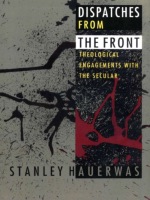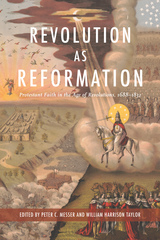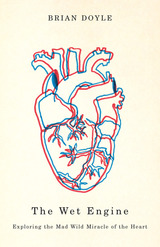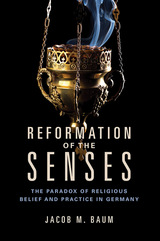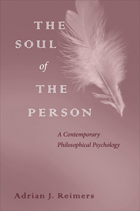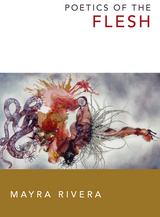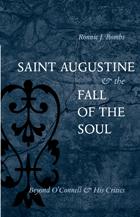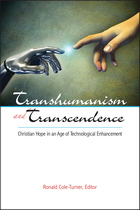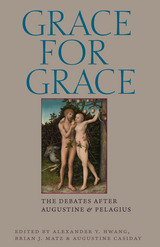Sect Ideologies and Social Status
University of Chicago Press, 1970
Cloth: 978-0-226-74216-8
Library of Congress Classification BT738.S369 1970
Dewey Decimal Classification 301.580973
Cloth: 978-0-226-74216-8
Library of Congress Classification BT738.S369 1970
Dewey Decimal Classification 301.580973
ABOUT THIS BOOK | TOC
ABOUT THIS BOOK
In this penetrating study of urban religion, Gary Schwartz examines the nature of the relationship between religious belief and the social order. He shows how a person's experience in the social hierarchy shapes his response to competing religious ideologies and, in turn, how commitment to a particular sect ideology colors his attitude toward mundane affairs.
The author studied and compared a Pentecostal group and a Seventh-day Adventist group in preparation for this work. The question which stimulated the investigation can be stated as a paradox. In the Adventist case, why should persons who firmly believe that God is soon to destroy the world work so diligently and against formidable odds to improve their own secular fortunes? In the Pentecostal case, why should persons who believe that God is available for direct aid in every human contingency not use this power for their own advancement?
In theorizing about the relationship between an individual's position in the socioeconomic system and his sect affiliation, Mr. Schwartz asserts that the specifically ideological component of a creed resides in the ways in which believers conceptualize the meaning of secular problems.
The study as a whole attempts to reveal what makes a special set of beliefs attractive to a person grappling with certain secular exigencies, and how these beliefs affect his view of secular matters. It develops a model of a religious ideology applicable to any study of the relationship between cultural symbols and social structure.
The author studied and compared a Pentecostal group and a Seventh-day Adventist group in preparation for this work. The question which stimulated the investigation can be stated as a paradox. In the Adventist case, why should persons who firmly believe that God is soon to destroy the world work so diligently and against formidable odds to improve their own secular fortunes? In the Pentecostal case, why should persons who believe that God is available for direct aid in every human contingency not use this power for their own advancement?
In theorizing about the relationship between an individual's position in the socioeconomic system and his sect affiliation, Mr. Schwartz asserts that the specifically ideological component of a creed resides in the ways in which believers conceptualize the meaning of secular problems.
The study as a whole attempts to reveal what makes a special set of beliefs attractive to a person grappling with certain secular exigencies, and how these beliefs affect his view of secular matters. It develops a model of a religious ideology applicable to any study of the relationship between cultural symbols and social structure.
See other books on: Christian sociology | Pentecostal churches | Schwartz, Gary | Social Status | Sociology, Christian
See other titles from University of Chicago Press

